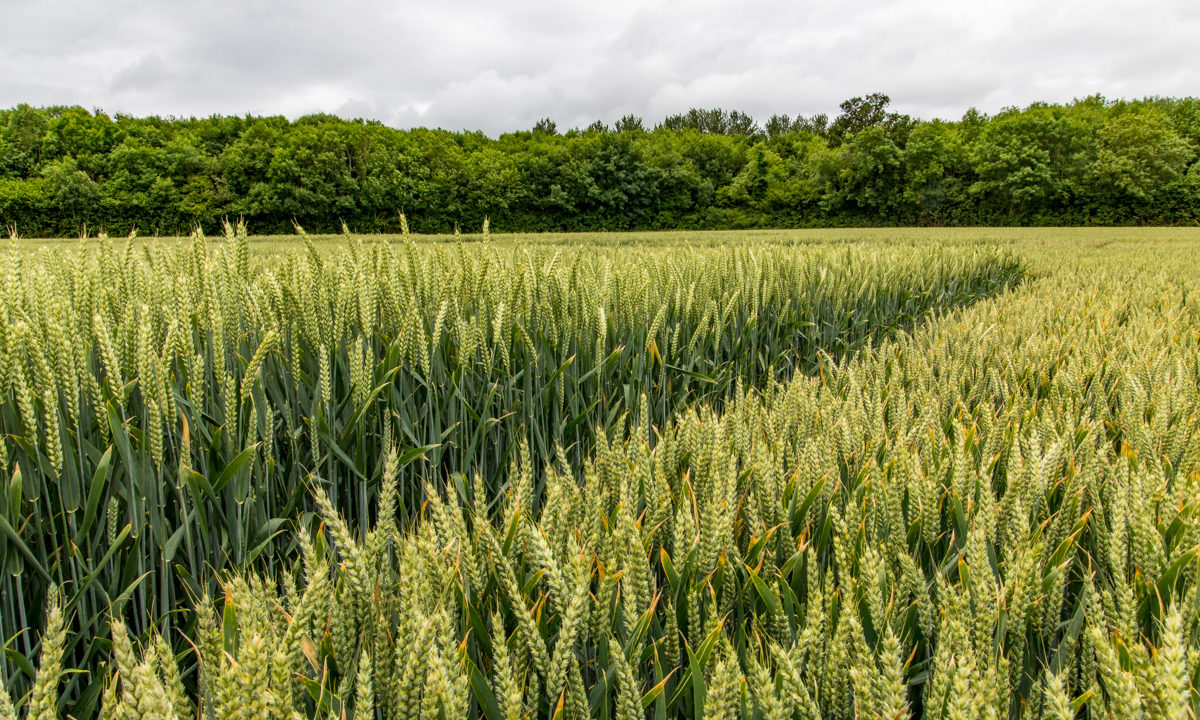The UK government has passed the Genetic Technology (Precision Breeding) Act into law which, it has said, will reinforce “food security in the face of climate change” and ensure England becomes a world leader in agri-food innovation.
The act, which received Royal Assent yesterday (Thursday, March 23), aims to set in motion changes to allow farmers to grow crops which are resistant to drought and disease, reduce use of fertilisers and pesticides and help breed animals that are protected from disease.
Food Minister, Mark Spencer, said the act is “fantastic news for British consumers and farmers”.
Under the new act, a new science-based and streamlined regulatory system will be introduced to facilitate greater research and innovation in precision breeding – with stricter regulations remaining in place for genetically modified organisms (GMOs).
“Precision breeding technologies are the future of food production not just at home, but around the world, and this act will put our nation at the forefront of this revolution,” Spencer said.
“Some 40% of crops globally are lost every year to floods, pests and other external events, and this new law will unlock our agri-biotech industry to support resilient food production for decades to come.”
Chief scientific advisor for the Department for Environment, Food and Rural Affairs (Defra), Gideon Henderson, called the passing of the act an “important time for agricultural science”.
“The ability to use gene editing to make precise, targeted changes to the genetic code of organisms, in a way that can mimic traditional breeding, enables development of new crop varieties that are more resistant to pests, healthier to eat, and more resilient to drought and heat as climate changes,” she said.
Gene-editing technology
The Genetic Technology (Precision Breeding) Act covers precision-bred plants and animals developed through techniques such as gene editing.
This, the UK government said, is different to genetic modification (GM), which produces crops containing genetic changes that could not have occurred through traditional breeding or occur naturally.
The act aims to ensure that before any changes to market happen, the Food Standards Agency (FSA) will consult on new food and feed legislation and produce a new proportionate risk assessment for precision bred food and feed.
While there is great potential for increasing innovation, the government said, there is a need to safeguard animal welfare in the new regulatory framework.
This, it said, is why it is taking a “step-by-step” approach, enabling the use of precision breeding technologies with plants first followed by animals later.

